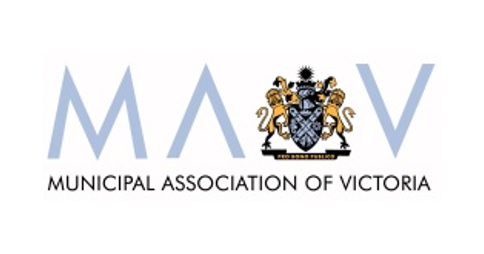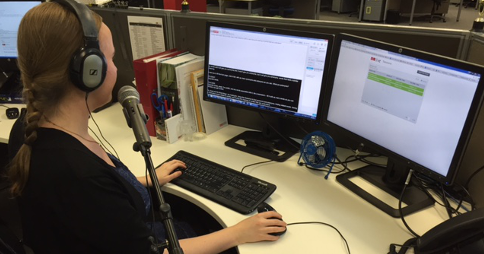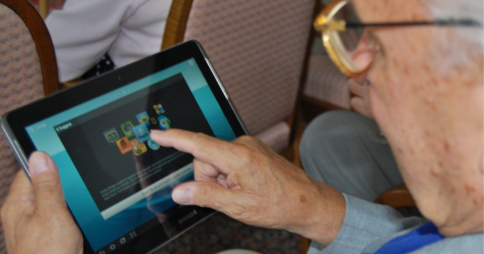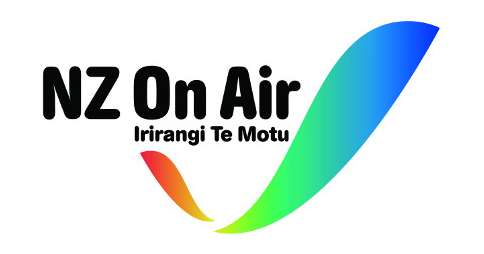Deaf or hearing impaired
Affordable Access secures grant funding
Captions aid literacy in the classroom
UK disability advocates release roadmap for VOD accessibility
ACMA releases caption compliance reports for 2013-2014
The report for free-to-air compliance found that all 51 commercial stations and SBS met their captioning target for the year, which was to caption 95 per cent of programs on their primary channels between 6 am and midnight. The ABC fell one per cent below its target, due to the fact that only one hour of its music program
Top of page
UK regulator releases caption quality report

Ofcom commenced its caption quality measurement project in in 2013, and the first two reports were published in 2014. The reports are based on samples of news and entertainment programs broadcast by the BBC, ITV, Channel 4, Channel 5 and Sky.
Top of page
NZ increases funding for captioning and audio description
Digital TV regulation submissions released

Media Access Australia’s submission to the review makes four key recommendations:
Top of page
Government sector must improve digital experience
Case Study: Municipal Association of Victoria unlocks power of digital accessibility

About the Municipal Association of Victoria
The Municipal Association of Victoria (MAV) is the legislated peak body for Victoria’s 79 councils. Formed in 1879, the organisation has a long and proud tradition of supporting councils and councillors.
Top of page







